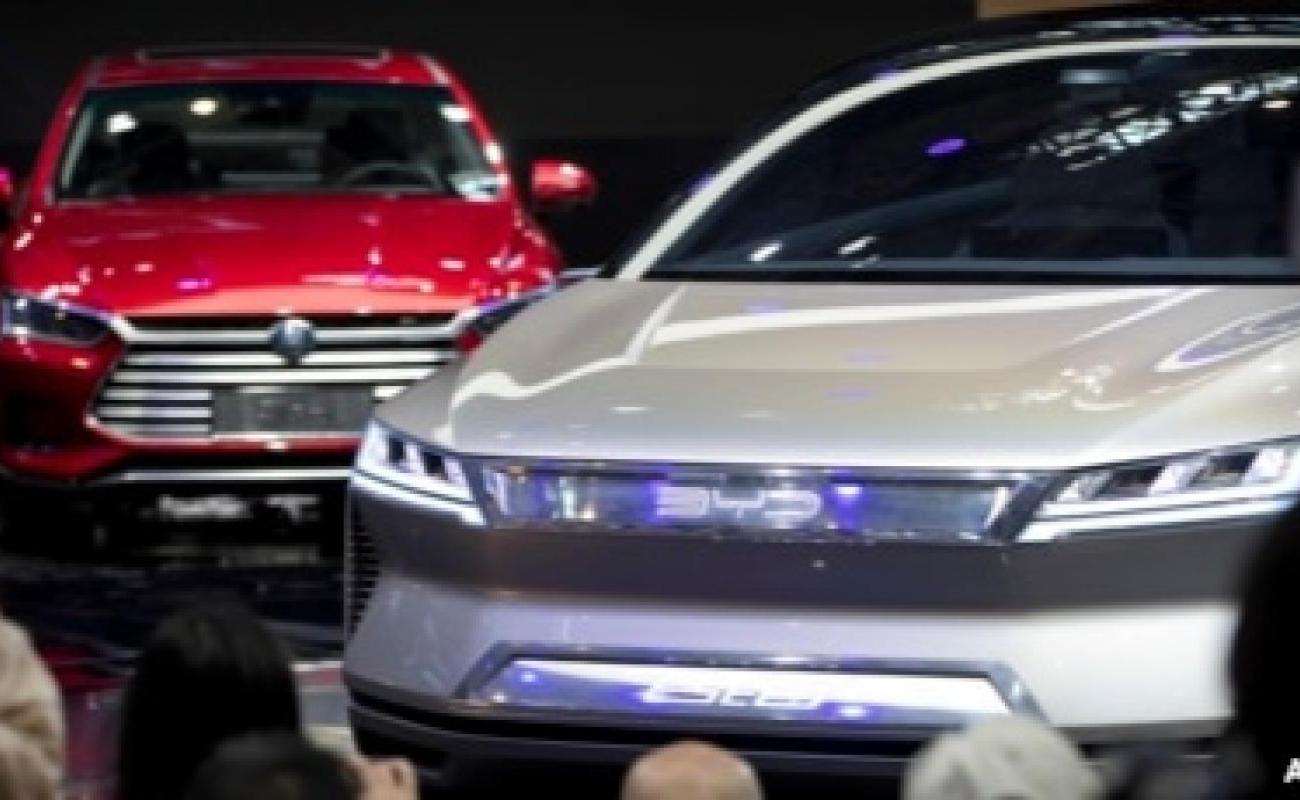Layoffs and announcements of new investments by Chinese companies in the auto industry in Serbia

CONCLUSION
Another example of non-transparent business practices of Chinese companies in the Western Balkans, this time in Serbia. On the one hand, we have claims from workers that the Chinese company is laying off workers and suspicions that workers from Serbia who have been laid off will be replaced by cheaper labor from India and Sri Lanka. On the other hand, according to common practice, Chinese companies operating in Serbia do not advertise. Almost simultaneously, other Chinese companies in other locations in Serbia are expressing interest in opening new plants.
This behavior of Chinese companies when it comes to workers from Serbia should at least be a signal of caution to the authorities in Serbia, but also to other Western Balkan countries. However, we are witnessing that all the media reports, claims by non-governmental and international organizations about the behavior of Chinese investors in the Western Balkans rarely result in an adequate reaction from the competent state institutions in terms of investigations, inspections, etc.
In this specific case, experts in the automotive sector, where the Chinese company that is laying off workers from Serbia operates (according to the workers' claims), point out that Chinese automotive companies that have plants in Serbia do not actually produce, but they are finishing, auto parts.
